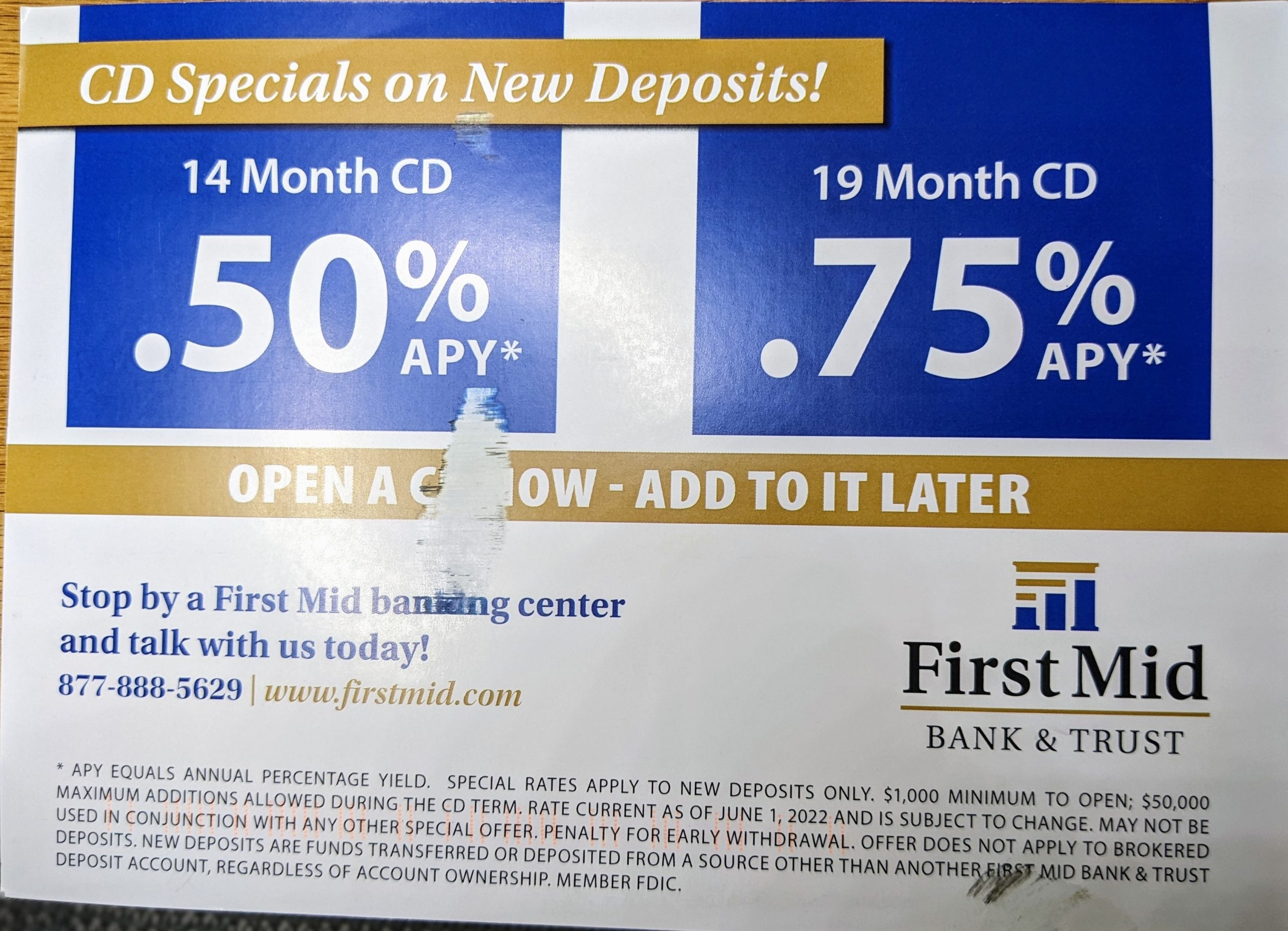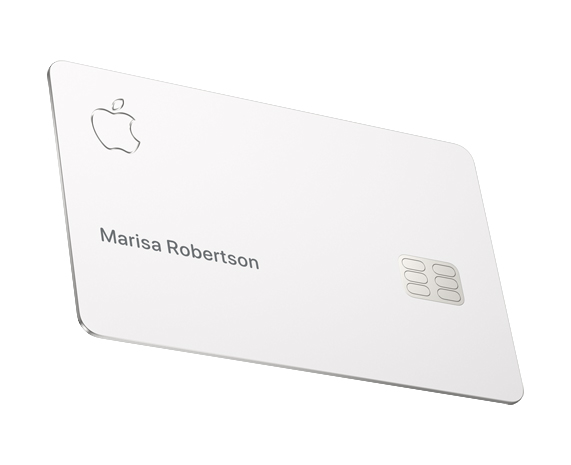I always enjoy James Howard Kunstler’s rants, and the recent revelation of sloppy bank record-keeping gives him a good jumping-off point.
It’s true that this rather seems to be a third strike by the banks. First, they lent money to people without regard to whether the borrower would be able to make the payments. Second, they made loans on houses that were wildly overpriced thanks to the housing bubble. And now, strike three, it turns out they did such a poor job of record-keeping that they may not be able to prove that they own the mortgage on the house!
The value of those mortgages was already somewhat doubtful, given that the banks only option was to foreclose and sell the house for a fraction of its bubble-inflated value. But if their bad record-keeping means that they can’t even foreclose, maybe the paper is worth zero. If the paper is worth zero, Kunstler figures the results will be dire:
With fraud absolutely everywhere in our banking system, like some advanced metastatic cancer, financial metabolism comes to a sickening stop. Nobody can buy or sell property. Nobody can trust any American financial institution. Money can’t circulate. Nobody will be able to get any money.
Personally, I doubt if most of the records are really lost. If the banks are willing to spend the money—hire a bunch of researchers, archivists, and paralegals along with some secretaries and assistents—I expect they can prove most of the mortgages. But it’d be expensive.
My hope is that this will mean, finally, that the banks will have a real incentive to do what they should have been doing right along—renegotiate the mortgages, writing the value of the mortgage down to something under the fair market value of the house, and the interest rate down to current market rates. If they keep proper records of these new mortgages, they can sweep the problem of the old, sloppy records under the carpet.
So, I’m rather more optimistic than Kunstler on this issue. In fact, I think it just might save us.


